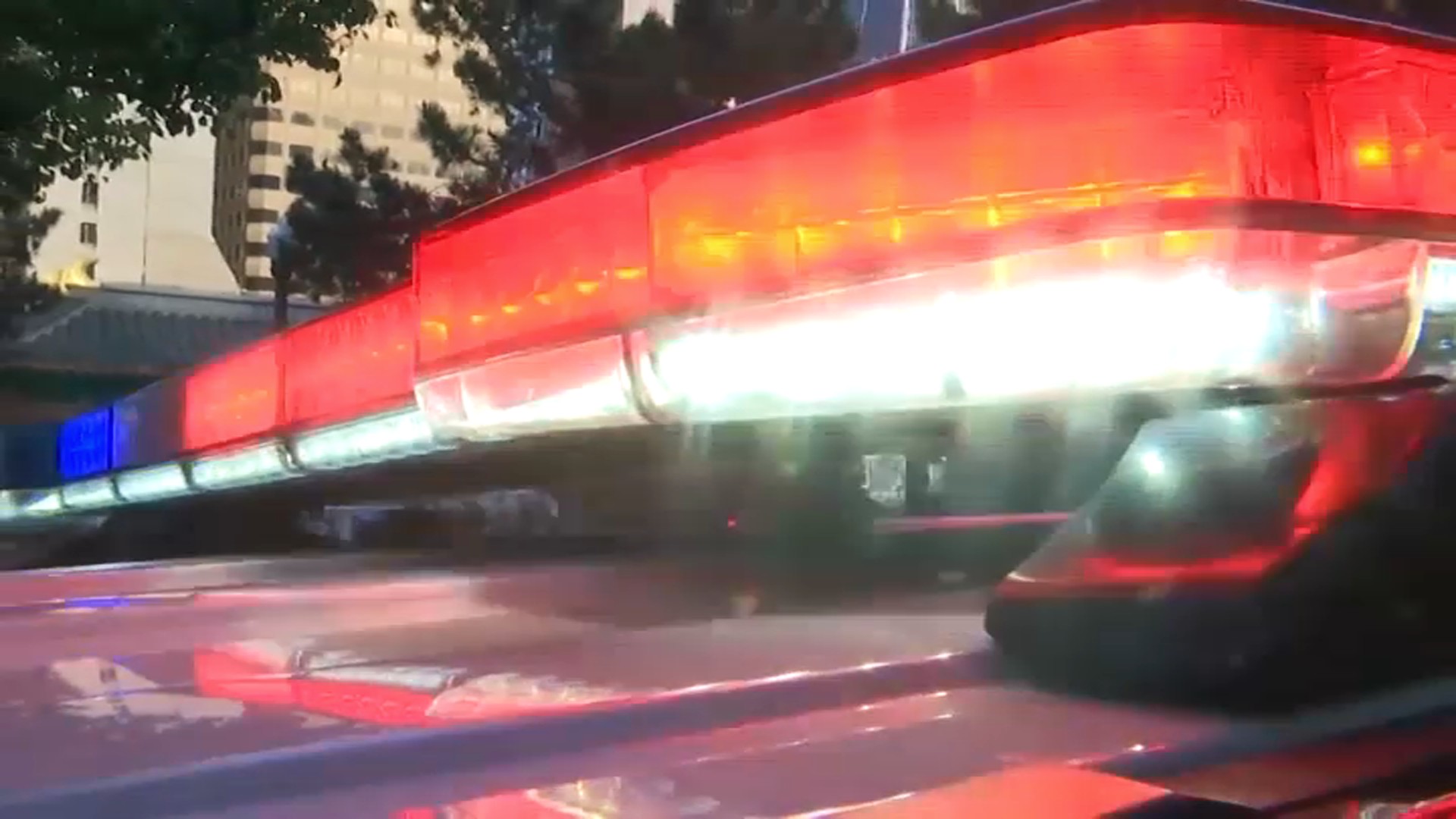
On March 17, The Dallas Opera announced the cancellation of the remainder of its 2019-2020 season due to the coronavirus pandemic. Missing income from ticket sales, the venerable opera company announced it will cut salaries and temporarily furlough some employees.
The coronavirus outbreak forced the cancellation of three operas: Verdi’s Don Carlo, the double feature presentation of Stravinsky’s Pulcinella and Poulenc and Cocteau’s La voix humaine and Rossini’s The Barber of Seville along with the Songs from Dallas Community Concert. The canceled performances resulted in a revenue loss of $1.6 million in ticket sales.
The Dallas Opera Guild Biennial Lone Star Competition was canceled as well as 41 education programs, 21 community engagement programs and 24 donor events. The cancellations were painful but deemed necessary.
“This is a time when we have to act fast, but we have to act on the best information possible,” Ian Derrer, the general director and CEO of The Dallas Opera, said. “That’s been the greatest challenge of this situation.”

Most of the full-time staff have been affected by these pay cuts and furloughs. Derrer and Music Director Emmanuel Villaume are voluntarily taking a 25% salary reduction. Other reductions range from 10-25% based on salary levels and immediate work needs. The salary reductions begin on May 1. A handful of furloughs begin May 1 and are expected to last through June, with those employees keeping their health benefits.
All company members directly involved in the opera company’s spring productions are adversely affected by the cancellation of the season. Orchestra musicians, choristers, stagehands, stitchers, dressers, wig and make-up artists and production staff will receive a 50% wage reduction.
Local
The latest news from around North Texas.
While the stage is dark, The Dallas Opera is looking to the future. The opera company is intensifying its fundraising efforts and received a loan from SBA’s Payroll Protection Program. The company has turned to social media to engage and entertain patrons. Online conversations with Villaume, discussions about issues within the industry and recitals from singers and instrumentalists make up The Dallas Opera’s digital outreach.
The creation and role of digital content is an important consideration as The Dallas Opera anticipates its 2020-2021 season in the fall. “That’s one of a handful of topics we’ve been discussing lately,” Derrer said. “As frustrating as these cancellations are, the ingenuity of my staff has been impressive and that’s part of a larger conversation about our next season.”
The 2020-2021 season is set to open in October with Mozart’s The Marriage of Figaro. Derrer is monitoring the impact of coronavirus pandemic on the arts community and wants patrons to feel safe when they return. “We’re certainly keeping an eye on developments, especially reports from local officials and health professionals,” Derrer said.
Opera is an art form known for dazzling spectacle involving large numbers of people on stage and behind-the-scenes. Large audiences are drawn to visual beauty and glorious music. What attending an opera performance will look like in the age of coronavirus is a mystery. “What is it going to look like when we look out in the audience in terms of social distancing?” Derrer said. “But also, what does it look like on stage and in the [orchestra] pit?”

The 2019-2020 season will go down in the company’s history as truncated, but still reflective of The Dallas Opera’s artistic values and vision for future seasons. The season consisted of Mozart’s The Magic Flute and Rimsky-Korsakov’s The Golden Cockerel, both performed in the fall. “The combination of tradition exquisitely done as well as a new take on something that hasn’t been done recently is how we balance repertoire in general,” Derrer said.
Derrer is looking forward to welcoming audiences back to the Winspear Opera House, knowing people will be eager to reconnect after the isolation of this pandemic. “In a bigger picture, there is a longing of the public to experience live music and live performances again,” Derrer said. “When we get back together, it will be all the more sweeter.”
Learn more about The Dallas Opera’s 2020-2021 season: https://dallasopera.org/



